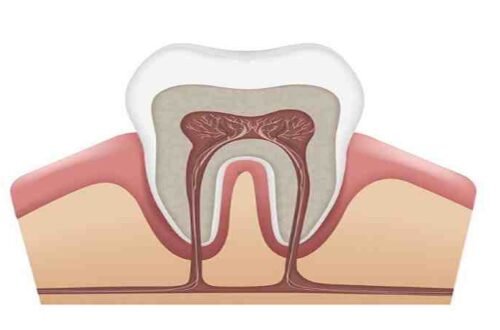Dementia and Alzheimer’s are life-changing conditions that are not only life-changing for the diagnosed but also affect the family and loved ones. It takes a lifetime or a very long period for someone with a memory impairment.
So, special care and attention are essential, which is difficult to provide at home. Not only that but understanding the specific needs of people with dementia and Alzheimer’s is crucial. That is why the number of memory care centers is increasing daily.
Let’s read how memory care assisted living differs from traditional assisted living and why you should consider it.
Defining Memory Care Assisted Living
Memory care assisted living is formed to provide a structured environment. It is coupled with tailored care assistance caregivers offer to its residents suffering from memory impairments.
Different from general assisted living, which houses all sorts of residents. This is for those with daily living needs in dressing, eating, and bathing. Memory care assisted living facilities are for residents who require more support based on impairments resulting in loss of memory and connected problems.
Such programs, especially memory care programs, are designed to encourage the emotional, social, and cognitive needs of its residents. This could be through various activities, therapy, and environments that will not confuse or annoy them.
How Does Memory Care Differ from Traditional Assisted Living?
Below-mentioned several points will help you understand the difference between traditional assisted living & memory care:
Even though it varies, one of the major differences between memory care and traditional assisted living is the kind of care given to residents. Traditional assisted living offers memory care services. These offer specialized programs catered toward helping to counteract cognitive decline. These provide assistance and other forms of help daily, and psychological and emotional care aimed at the progression of dementia.
Traditional assisted living is designed for healthy elderly persons who can use external support when performing tasks, including managing their medication, self-care, and housekeeping. These communities are typified by a social atmosphere; however, they lack the facilities and education to render them acceptable for patients who have suffered complete memory loss.
On the other hand, dementia-specific Memory care assisted living facilities take into consideration the unique needs related to the dementia patient. That includes the layout of the facility to contain physically safe and secure areas in case she may wander or get confused, as well as activities tailored for the day for maximum promotion of cognitive capacity and minimization of behavioral conditions. Memory care centers typically have a lower staff-to-resident ratio and allow individualized attention and care.
How Facilities Provide a Safer and Supportive Environment?
What’s worse than the fear of sending a loved one to the wrong facility? But knowing what to look for makes the process easier.
- Start with the level of care needed. Facilities that offer assisted living with memory care will offer more focused and specialized services than general assisted living homes.
- Another important consideration is the staffing qualifications. Are they trained specifically in the care of individuals with dementia? Have they worked with clients that have Alzheimer’s or other forms of memory-impairing disorders? The quality of the care your family member will receive is highly dependent upon the ability of the caregiver.
- Then, consider the facility’s environment. A memory care program should have a safe, structured environment that engages residents’ minds with interesting and stimulating activities, so look for that kind of atmosphere. A balanced facility always respects the need to balance independence and support, empowering the residents while ensuring their safety.
- Visiting the facility will give you an idea of its atmosphere. Is it clean, welcoming, and secure? Are the staff members compassionate and attentive? Observe how the residents cooperate with the staff and among themselves.
- Finally, medical support is considered. Memory care facilities usually need continuous medical monitoring because of the symptoms of dementia or Alzheimer’s illness. Part of the decision process is ensuring that health workers are present at the facility.
Conclusion
Memory care centers strive to set up safe, structured settings for those diagnosed with dementia or Alzheimer’s. Unlike standard assisted living, memory care assisted living serves to fulfill the individual needs of the suffering mind. From specially trained care providers to specially designed surroundings that prevent confusion and wandering, a memory care center is always prepared to provide the high level of care required to assist individuals dealing with memory loss.
For families, choosing a memory care facility is usually the best decision as it will ensure that their loved ones end up in the right place: their specific care needs could be met and safety assured. Memory Care Programs Focus on maintaining cognitive function and improving the quality of life for residents and peace of mind for the family with loved ones in a caring and supportive atmosphere.





